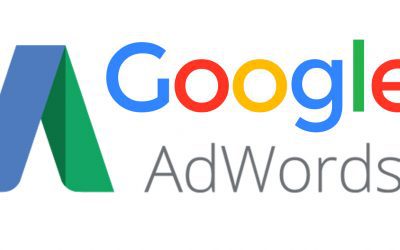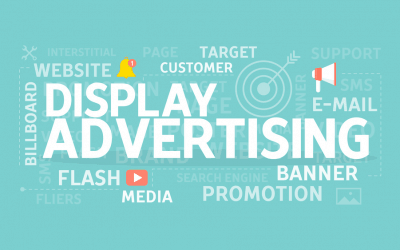CPM, CPC, and CPA Explained
When you wade into the waters of online advertising, these acronyms get thrown at you from all sides. But what does CPM mean? What does CPA mean? And more importantly, CPM versus CPC versus CPA, which will work best for your business?
Definition of CPM
CPM stands for Cost Per Million. You’re paying per impression: per load of the page where the ad appears. In the early days of the internet, advertising space was less valuable and the definition of impression a bit more loose, so buying impressions by the million made more sense. Now, though, when someone says CPM, they usually mean cost per thousand impressions. Paying by the thousand brings the costs to a reasonable level for small businesses, and makes more sense even in large corporate buys.
Definition of CPC
CPC stands for Cost Per Click. You don’t pay until a user has clicked on your ad, and you know they’re at least somewhat interested in you.
Definition of CPA
CPA stands for Cost Per Acquisition. You don’t pay until the user has performed some action which you want them to do like purchased a product or subscription or filled out an information request form. The acquisition point doesn’t have to be the point where money changes hands with the customer, but, it usually is.
Which works best?
Looking at the whole customer experience, from having no idea who you are to buying your widget, CPM means you pay a small amount of money early. CPC means you pay after the user has first heard of you in some capacity, and has even expressed some interest (through a click on your banner or link). And for CPA you pay a relatively large amount of money after a customer has bought your product and you’ve made money off them (or a close approximation, such as filled out a contact form).
In general, CPA works for every business. You pick the amount of money you can afford to pay on CPA and still turn a profit. But it needs to work for publishers and lead sellers too, or they’re not going to work with you. When you use CPA, it’s the publisher who suffers if your conversion rate is awful or your pricing is so low you haven’t built in a proper padding for acquisition. And they won’t suffer long before they move on to the next business.
Even if you’ve found the magic payout number for your business that works for you and publishers, lead generators, or affiliates, there’s another potential problem with CPA. It comes from limited volume and limitations on the part of the people sending you the leads. There are huge markets of good leads and traffic for mortgage, online education, and a few other industries. If you’re selling a weird whatsit for £2.99, though, or operating in a niche market, there might not be any lead generators out there for you. The same applies to smaller-scale affiliates they have to make enough money from your program to make it worth their while. If your product only applies to a specific niche, there might be only a few sites on the entire internet that can make more money by advertising your product than they can advertise other products. CPC or CPA might be your only viable option.
CPC and especially CPA push the payment point out further in the customer acquisition funnel. This tends to make more money for publishers, especially ones with low-quality traffic. It’s riskier for you, though. You can end up paying out the nose for fraudulent or low-quality traffic: unpoliced fake clicks, visitors tricked into coming to your site, visitors being bribed to visit your site.
Even after fraud, in CPC and CPA you are ultimately going to pay for the efficiency of your conversion funnel and, in some CPA, the quality of your banner ad. Your home shop can be a mess of poor conversion and low click-through rates, and CPA will still let you spend money–without making any. Conversely, if you have great conversion and great click-through rates, you can win big on CPC and CPA and end up doing better with it than you do with CPA.
Finally, CPA (and CPC to a lesser degree) also make the relevance of your product to the targeted audience extremely important. Remember, in CPA you’re paying every time your ad appears on a page. If your ad is appearing, over and over again, in places where the user is extremely unlikely to click it, you’re just bleeding money. Widely appealing products and services do best with CPA that’s why there are so many punch the monkey ads. Plenty of people click to play the game, the user is getting something they want for free (usually a contest entry) and, at the other end, the companies involved are able to make money off of the personal information of nearly anybody.
If your product isn’t far-reaching, but you know your product sells great with a certain segment of the population, such as mothers, sports fans, expecting parents, or mystery readers, you just need to target all CPA buys to appear on a relevant website, and it can still be a huge win for you. Of course, if your website only sells well to expecting mother sports fans who read mysteries, you might have a hard time getting the targeted advertising you need. Even if you found the right website, it probably wouldn’t get the eyeballs viewing it to actually meet your sales figures. Welcome to the endless catch-22 of online acquisitions.
Read more about how to choose your marketing plan objectives here.



